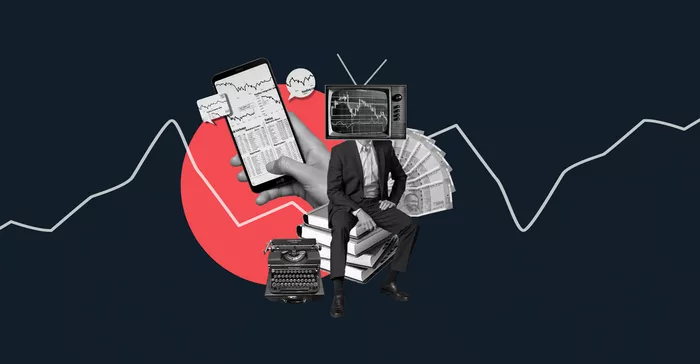In the world of stock trading, opportunities can arise even after the closing bell. After-hours trading provides investors with a window to buy and sell shares outside of regular trading hours, typically between 4 p.m. and 8 p.m. Eastern Time in the United States. Understanding how to navigate this market can be advantageous, but it requires a nuanced approach due to its unique characteristics and risks.
Explanation of After-Hours Trading
After-hours trading refers to the buying and selling of stocks outside of the traditional trading hours established by major stock exchanges. Unlike regular trading hours, which typically run from 9:30 a.m. to 4 p.m. Eastern Time, after-hours trading allows investors to react to news and events that occur outside of these hours. It’s important to note that after-hours trading operates in a different environment than regular trading hours, with less liquidity and potentially higher volatility.
Access to After-Hours Trading
Investors can access after-hours trading through electronic communication networks (ECNs). ECNs are computer-based systems that facilitate the trading of financial products outside of traditional exchanges. They match buy and sell orders electronically, providing access to after-hours trading for both institutional and retail investors. Typically, institutional investors such as hedge funds and large financial institutions are more active in after-hours trading due to their sophisticated trading strategies and access to advanced trading platforms.
Process of Placing an After-Hours Trade
Placing an after-hours trade involves a similar process to regular trading but with some key differences. To begin, investors need to log into their brokerage accounts that offer after-hours trading capabilities. Once logged in, they can select the stock they wish to trade and place a limit order. Unlike regular trading hours where various order types are accepted, after-hours trading only allows limit orders. A limit order specifies the maximum price a buyer is willing to pay or the minimum price a seller is willing to accept for a stock, ensuring that trades are executed at a predetermined price or better.
Risks and Considerations
While after-hours trading presents opportunities, it also comes with significant risks and considerations. One of the main risks is the reduced liquidity compared to regular trading hours. With fewer participants in the market, spreads between bid and ask prices can be wider, potentially leading to unfavorable trade executions. Moreover, the increased volatility during after-hours trading can result in sudden price movements, making it challenging to predict market trends accurately. Additionally, investors should be aware of the potential for lower trading volumes, which can exacerbate price fluctuations and increase the risk of slippage.
Benefits of After-Hours Trading
Despite the risks involved, after-hours trading offers several benefits, particularly for investors looking to react quickly to breaking news or earnings reports. By trading outside of regular hours, investors can capitalize on market-moving events that occur after the closing bell. For example, if a company releases better-than-expected earnings after the market closes, investors can take advantage of the opportunity to buy shares before the market opens the next day, potentially profiting from the anticipated price increase.
Examples and Scenarios
Consider a scenario where a technology company announces its quarterly earnings after the market closes. If the earnings report exceeds analysts’ expectations, there may be a surge in demand for the company’s stock during after-hours trading as investors rush to buy shares. Conversely, if the earnings disappoint, the stock price could plummet, prompting investors to sell their shares to minimize losses. Being able to react swiftly to such events can be advantageous in capturing short-term trading opportunities.
Brokerage Fees and Limitations
It’s essential for investors to be aware of any additional fees associated with after-hours trading. While most brokerages do not charge specific fees for after-hours trading, there may be additional costs such as ECN fees or higher commission rates. Additionally, investors should understand the limitations of after-hours orders. Orders placed during after-hours trading are only valid for that session and do not carry over to the next trading day. Therefore, investors must be diligent in monitoring their positions and adjusting their trading strategies accordingly.
Market Impact
The impact of after-hours trading extends beyond individual stock prices and can influence the broader market sentiment. Significant price movements during after-hours trading sessions can set the tone for the next day’s trading activity, potentially affecting the opening price of various stocks and market indices. Investors often pay close attention to after-hours trading to gauge market sentiment and anticipate how it may shape the direction of trading during regular hours.
Conclusion
In conclusion, after-hours trading provides investors with additional opportunities to participate in the stock market outside of regular trading hours. However, it’s essential to approach after-hours trading with caution due to its inherent risks and considerations. By understanding how after-hours trading works, accessing the market through ECNs, and carefully navigating the process of placing trades, investors can effectively capitalize on opportunities while mitigating potential pitfalls.


